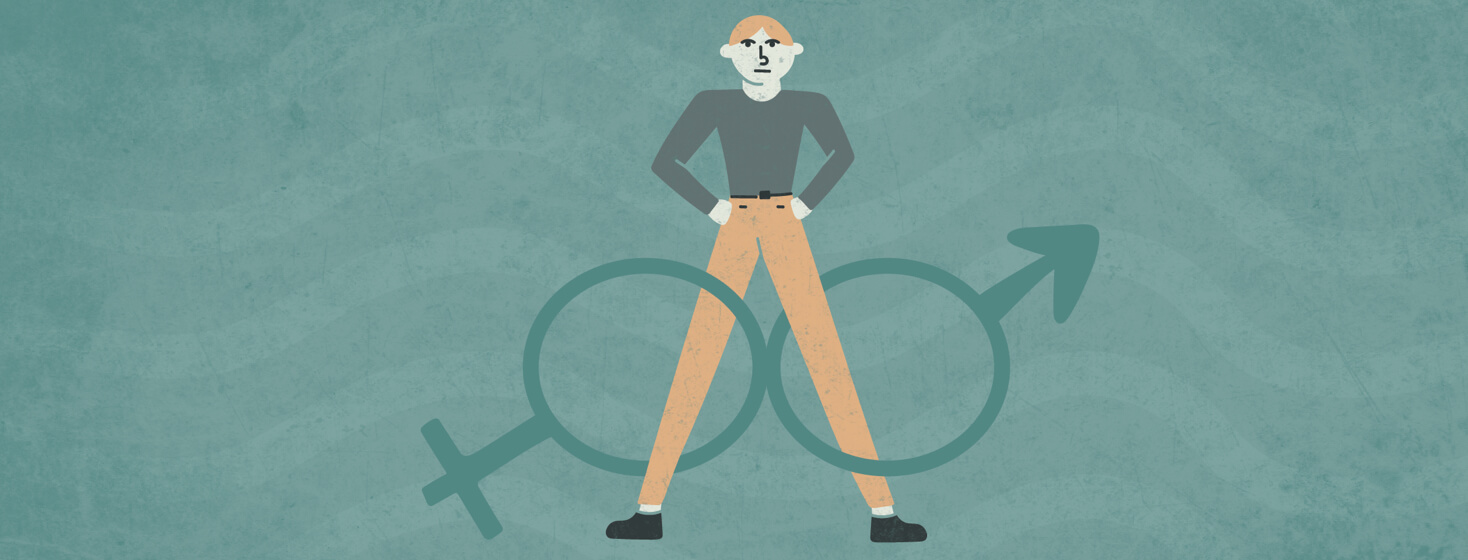Restless Legs Syndrome Has No Gender
In a support group of a few friends I have amassed in my restless legs syndrome journey over the years, we were all just checking in on each other via a Zoom call when one of us – 1 of the 2 men in a group of about 20 people – recounted an experience he recently had at work.
An upsetting exchange with a boss
His boss had recently asked why he needed to pace "so much," and he explained he suffered from restless legs syndrome. Said boss laughed in his face and said, “Are you a woman? Only women suffer from flimsy things like restless legs – if that is even a thing.”
He said he felt so ashamed of himself and couldn’t concentrate all day at work. Even while he narrated his experience, you could see the lingering embarrassment and pain on his face.
RLS can happen to anyone
I was really enraged on his behalf at how his boss put him down (which I believe is very ethically wrong) and also how so many people in society have this mentality. To me, it’s almost the same way people extra shame male molestation and abuse victims, which is why they almost never speak up.
RLS is not gender-specific; it can happen to anyone regardless of age, race, and gender. There is absolutely no reason why men should be shamed into silence for something they have zero control over.
A Google search will indicate that RLS is more prevalent in women than in men, which makes me wonder if this is a fact or just a statistic that stemmed from most men being too ashamed to speak up so as not to be labeled weak because of social attitudes and stereotypes regarding men and toxic masculinity.
Talking to men about their RLS
After our Zoom call, I became really intent on finding out more so I dug deeper, asking other men who suffer from RLS about their experiences and feelings regarding societal perception.
Most of them opened up and expressed feelings of guilt, depression, shame, stress, anxiety, and even eating disorders. Many of them have refused to see a doctor due to fear of being laughed at or made fun of. They have become very withdrawn with a deep fear of being judged.
RLS is not a 'woman sickness'
It is our duty as friends, families, and physicians of people with RLS to show concern, understanding, a listening ear, and make them realize their feelings are very valid. RLS is not a "woman sickness," and each and every one of us deserves a safe space to be seen and heard; it is difficult enough having RLS.
So this is me saying, I see you, I hear you, your RLS is a real thing that affects you regardless of gender. Don’t ever let society stifle you or push you into a corner where you cannot advocate for yourself.
If one doctor isn’t helpful, get another doctor, and another and another, until you get one that won’t just listen but act in your interest. If you haven’t, you can also join our wonderful, judgment-free community.

Join the conversation